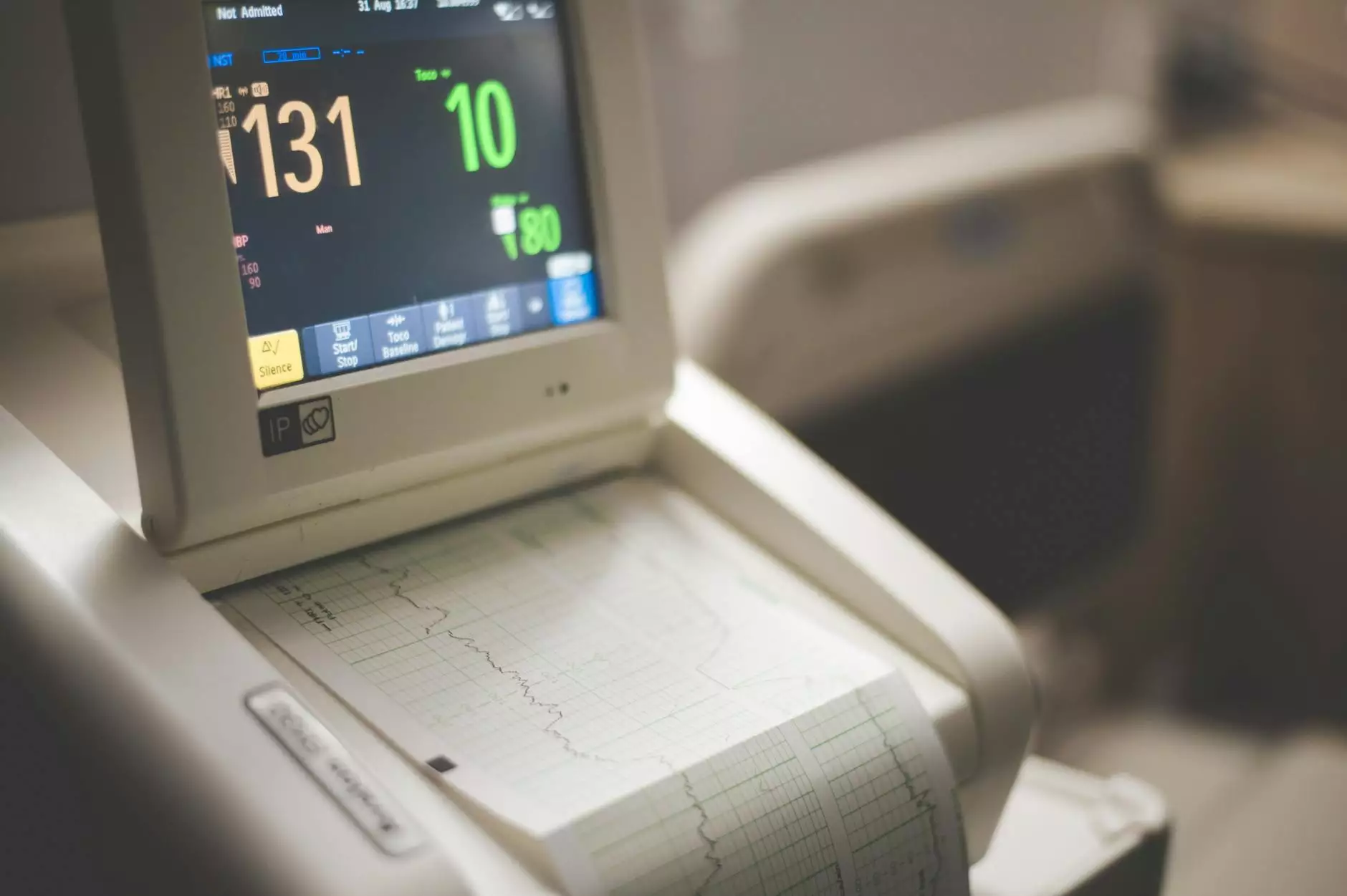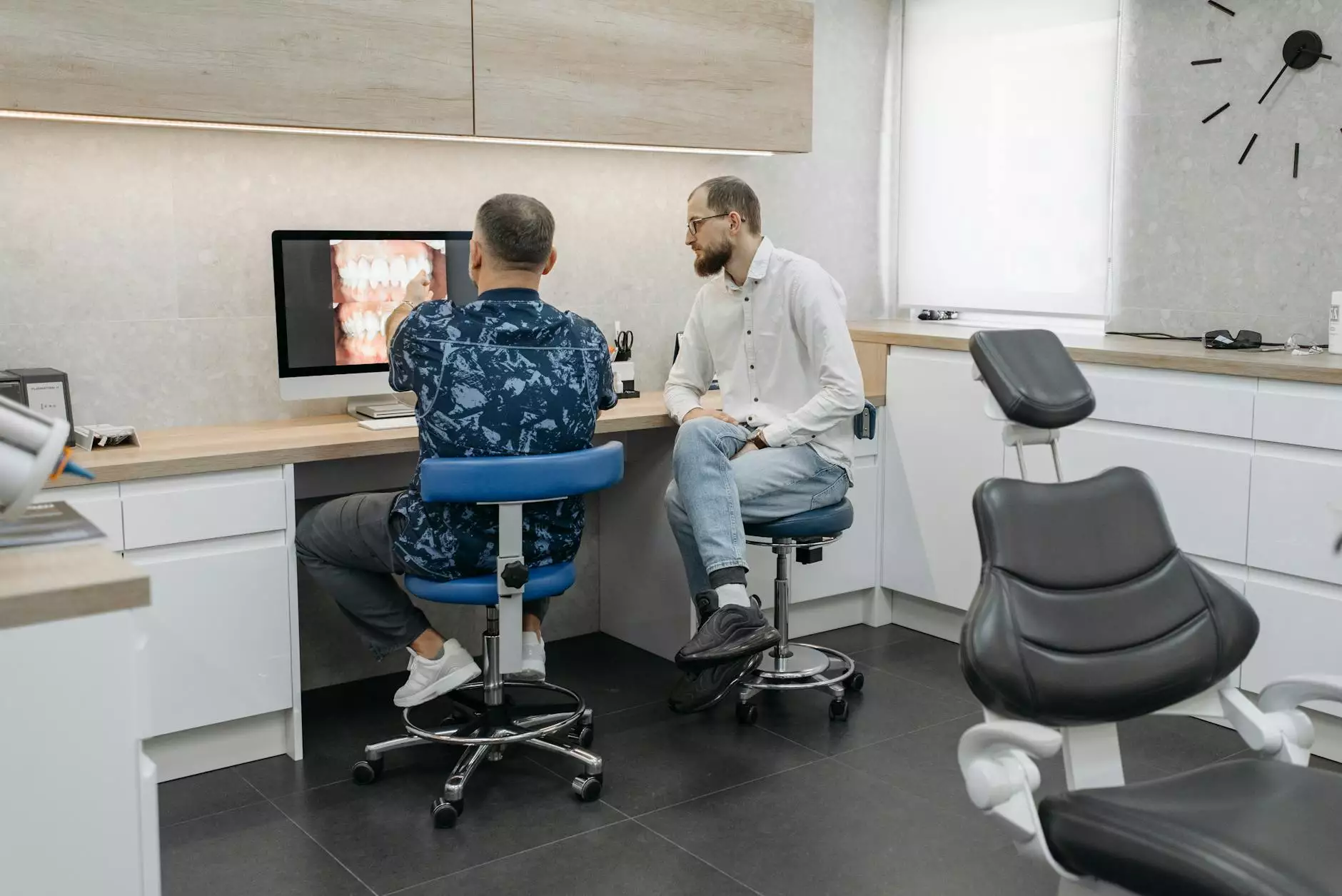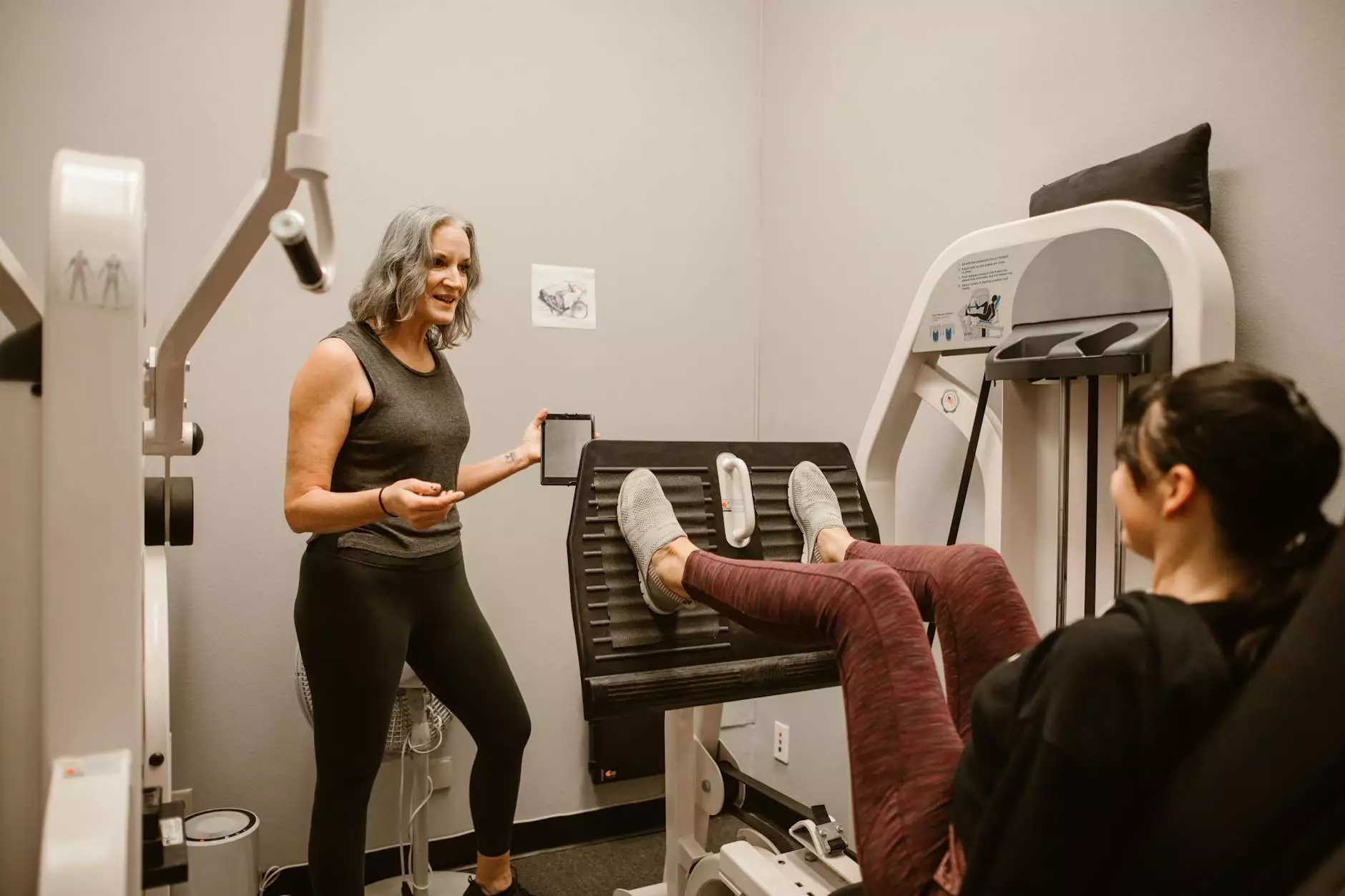Understanding AAA Aneurysm Screening: A Lifesaving Examination

Aneurysms represent a significant health risk, especially in the abdominal area. The abdominal aortic aneurysm (AAA) is one of the most concerning types, often developing quietly without symptoms. Routine screening is essential for early detection and prevention. This article delves into the importance of AAA aneurysm screening, who should be screened, the screening process itself, and how to interpret the results to maintain optimal vascular health.
What is an AAA Aneurysm?
An abdominal aortic aneurysm occurs when a section of the aorta, the largest artery in the body, weakens and bulges. If left undetected, this can lead to a life-threatening rupture. Understanding your risks and the necessity for AAA aneurysm screening can markedly improve outcomes.
Why You Should Consider AAA Aneurysm Screening
Routine screening for AAA is recommended, particularly for certain demographics. Here are some compelling reasons to pursue screening:
- Risk Reduction: The earlier an AAA is detected, the lower the risk of complications.
- Family History: If there is a family history of aneurysms, screening becomes crucial.
- Age and Gender: Men over the age of 65 are at heightened risk and should be screened routinely.
- Tobacco Use: Individuals who smoke or have a history of smoking are more prone to developing AAAs.
The Screening Process
The process of AAA aneurysm screening is minimally invasive and straightforward. Here's what you can expect:
1. Consultation
Your journey begins with a consultation at a specialized clinic, such as Truffles Vein Specialists. A healthcare provider will assess your medical history and risk factors.
2. Ultrasound Examination
The most common screening method for AAA is a painless abdominal ultrasound. This uses sound waves to create images of your aorta, allowing for easy detection of any abnormalities.
3. Interpretation of Results
After the ultrasound, a healthcare professional will analyze the images and discuss the findings with you.
What Do AAA Screening Results Mean?
Understanding the results of your AAA aneurysm screening is crucial for your health. Here’s a breakdown:
- Normal Findings: No aneurysm detected, continue regular surveillance as advised.
- Small Aneurysm: Regular follow-ups are recommended but surgery may not be necessary right away.
- Large Aneurysm: Surgical intervention is typically required, and your healthcare team will discuss your options.
Benefits of Early Detection
Early detection significantly enhances treatment options and outcomes. Consider the following benefits of AAA aneurysm screening:
- Improved Survival Rates: Early intervention can prevent rupture and mortality.
- Preventive Measures: Patients may be guided to lifestyle changes and medication to reduce risks.
- Peace of Mind: Knowing your vascular health status can alleviate anxiety and guide future health decisions.
Frequently Asked Questions About AAA Aneurysm Screening
Who Should Get Screened?
Men aged 65 and older, those with a family history of AAAs, individuals who smoke, and people with conditions like high blood pressure should consider routine screenings.
Is the Screening Painful?
No, the ultrasound procedure is non-invasive and painless. It typically takes about 30 minutes and involves lying down while the technician applies gel to your abdominal area to facilitate sound wave transmission.
How Often Should I Be Screened?
The CDC recommends a one-time screening for men aged 65-75 who have ever smoked. Those with identified aneurysms may need more frequent check-ups based on their individual risk factors.
Lifestyle Changes to Support Vascular Health
In addition to regular screenings, adopting a heart-healthy lifestyle is invaluable:
- Quit Smoking: Eliminate tobacco use to decrease your risk of developing an AAA.
- Healthy Diet: Focus on a balanced diet rich in fruits, vegetables, whole grains, lean proteins, and healthy fats.
- Regular Exercise: Engage in physical activity for at least 150 minutes a week to maintain cardiovascular health.
- Manage Blood Pressure and Cholesterol: Regular health check-ups and maintaining optimal levels can significantly decrease AAA risks.
Conclusion
In conclusion, AAA aneurysm screening is a simple yet effective way to safeguard your health against one of the most severe vascular threats. Regular screenings, especially for at-risk individuals, can lead to early discovery and intervention, greatly improving outcomes and saving lives. By partnering with renowned specialists as at Truffles Vein Specialists, you are taking an essential step towards proactive vascular health. Don't wait until it's too late—schedule your screening today and take control of your health.









